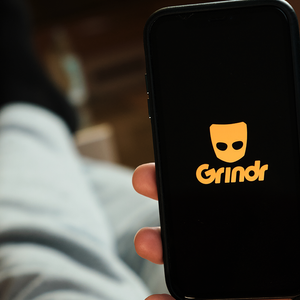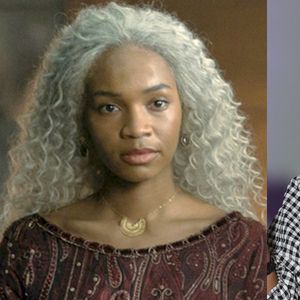"The worst thing
in the Balkans is to be a gay," says Kenan Dizdar, a
character in Bosnian war film Go West, which
has sparked angry debate about one of the great taboos of
Bosnian society. Hatred of gays will persist even after
Serbs, Muslims, and Croats stop fighting, he says:
"They will lay down their weapons, but they will
continue to hate homosexuals."
Go West was controversial long before it was
even made. The film follows two gay men, a Muslim and a
Serb, who flee the besieged Bosnian capital at the
start of the war and try to preserve their love.
Conservative and religious groups attacked director Ahmed
Imamovic and cowriter Enver Puska, saying they were
exploiting the sufferings of Muslims during the
1992-1995 war in order to find a wider audience
for their movie in the West. "You are identifying the
Bosnian tragedy and 250,000 dead with the story about two
gays," Muslim publicist Fatmir Alispahic said on
television last year when the film was still being
edited. "If we are talking about some so-called gay
love during the war, then we give a totally wrong image of
what happened here."
On Saturday,
Go West was shown in public for the first
time at the Sarajevo Film Festival, although it is not in
the main competition lineup. It gets its international
premiere in Montreal later this month. An audience of
around 2,500 gave the film a long standing ovation in
the central open-air cinema. "These people were
attacking a film they had not seen, and there was no chance
of dialogue then," Puska told Reuters in an interview.
"But now we can talk." The 11th Sarajevo Film
Festival, which began as an act of defiance while the
city was being shelled by Serbs from the surrounding
hills, has become the most important gathering of film
professionals and fans in the Balkans.
Puska said the
story about two gay men of different ethnicities was
chosen to highlight a wider theme of intolerance.
"Homosexuality is a taboo here. People are scared,
they don't talk about that," Puska said. "But I was
touched by the silence during the screening. I could
see the understanding in the eyes of people. I think that we
have slightly opened the door to tolerance with this
film about love and humanity." In the film, Muslim
cellist Kenan and Serb sportsman Milan flee Sarajevo
at the beginning of the war in the hope of finding safety
in Milan's native village. In order to survive, each decides
to change his identity--the Muslim with a skirt
and the Serb with a machine gun. Milan disguises Kenan
as his girlfriend and joins the Serb military to try
to save them.
Some spectators
said they had not expected to enjoy the film because of
detrimental media reports. "I had negative preconceptions,
but I liked the movie. It is clear the two gay
characters were chosen simply to show what happens to
two friends in war," said Mujo Djapo, an engineer. The
war is portrayed as madness where common sense is lost.
Scenes of ethnic violence are interspersed with surrealistic
shots of pagan ritual and spiced with typical Balkan
humor. But humanity wins in the end. Milan's father
and a friend, both Serbs, save Kenan after his lover
dies and help him escape. "This film is a brilliant analysis
of the situation here in the Balkans," said Ivica
Pinjuh, a theater and film critic. (Daria Sito-Sucic,
via Reuters)



















































































